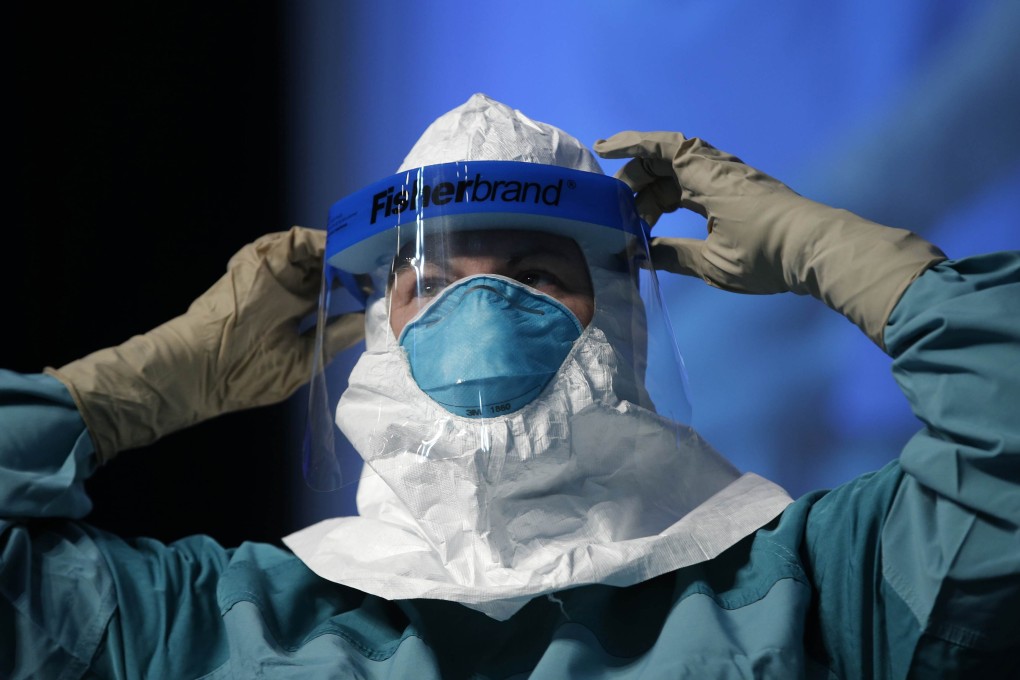Overblown fear of Ebola is unhealthy, too
Amy Wu says while we should be prepared for a potential outbreak of Ebola, the alarm in the advanced world borders on unnecessary panic

I was travelling on the Washington metro recently, and watched as people moved swiftly away from a young woman who was coughing and sneezing and most likely suffering from a cold - common at this time of year and yet suddenly scary with the emergence of Ebola. One woman whispered to her husband: "Well, you can never be too careful. Did you read about that doctor in New York?" Another passenger reached for some hand sanitiser.
We'd all been consuming the flurry of news about the four cases of Ebola in the US - Thomas Duncan, the Texas patient who died; nurses Nina Pham and Amber Vinson; and doctor Craig Spencer. Given the amount of press coverage, it wasn't a surprise that most of us knew them by name.
The latest Ebola outbreak has taken centre stage in global media coverage. In the US, top government officials, public health officials and the press have all been active in sending out messages. That's a good thing - until it's overdone.
A recent Gallup Poll showed that Americans list Ebola as one of the country's top 10 problems, while another survey shows nearly half of Americans worry that they or a loved one will get infected.
Fear and anxiety in the US have been infectious, no pun intended. Right after the first wave of reports here, Hong Kong and others geared up for Ebola's possible arrival by stepping up preventive measures. Although it doesn't operate flights to West Africa, on November 4, Cathay Pacific (complying with Hong Kong's Department of Health) sent out an "Ebola update", "advising passengers who have travelled to the affected countries to report to the local port health authorities upon arrival if they experience certain symptoms".
While the city's vigilance is understandable, given the significant impact of the 2003 outbreak of severe acute respiratory syndrome, there is a fine line between being prepared and igniting unnecessary anxiety.